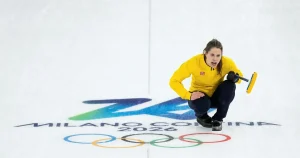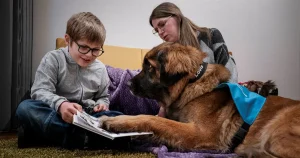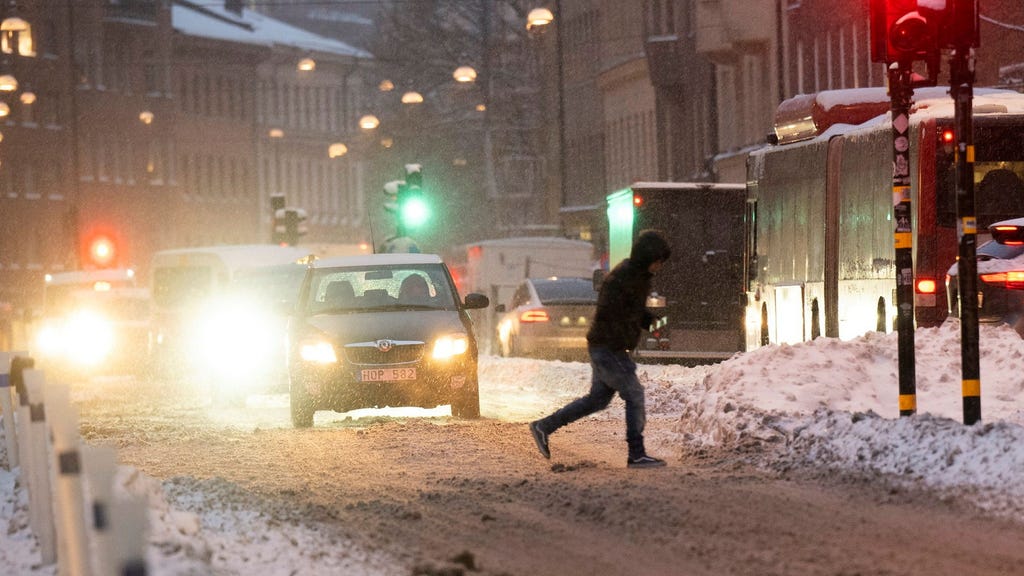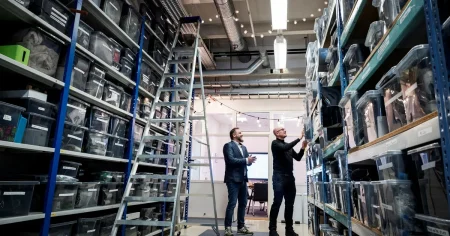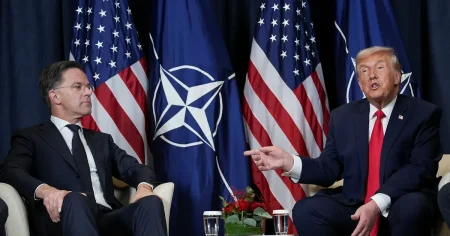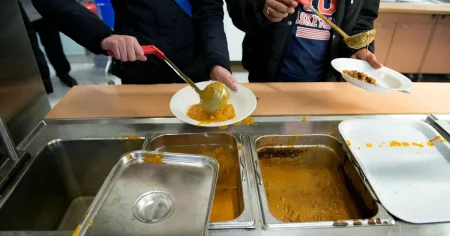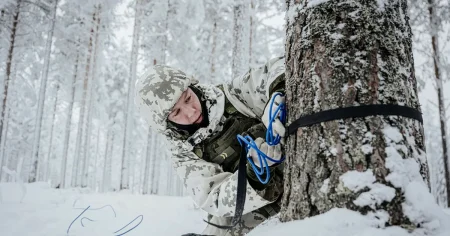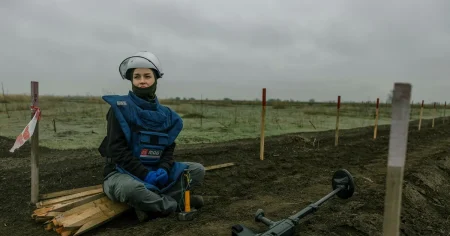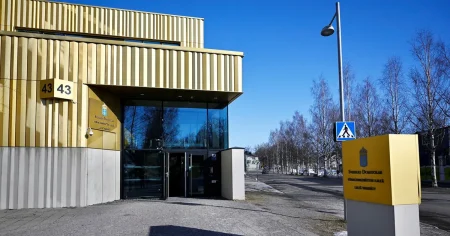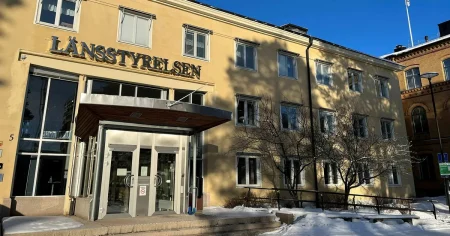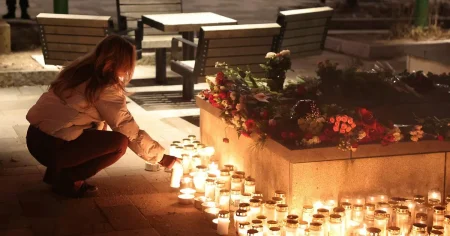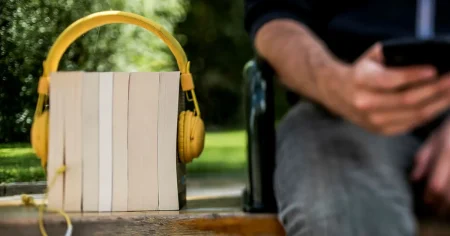The crisp winter air nipped at my face as I walked Ines and Boris, our breath clouding the night. It was well past midnight, the snow falling steadily, and the temperature plummeted below freezing. A routine trip to the recycling bins on Norrtullsgatan turned into an encounter I wouldn’t soon forget. A man, swaying precariously, stood by the bins, thinly clad and clearly intoxicated. He slurred something about a Christmas party and his intention to walk home, all the way from Odenplan to Södermalm. I offered to call a cab, but he stubbornly refused, his words lost in the frigid air as he began his unsteady journey southward.
My heart sank, observing his precarious state. The icy pavement, coupled with his inebriation and flimsy shoes, made for a dangerous combination. I warned him of the risks – frostbite, robbery – and pleaded with him to reconsider. My persistence was met with resistance, his drunken stupor clouding his judgment. My own thoughts were a turbulent mix of anxieties, fueled by another unsuccessful IVF cycle. The precariousness of life felt particularly acute, each moment a weighing of pros and cons, a futile attempt to quantify the unpredictable.
My concern intensified as the man’s condition deteriorated. He stumbled, relieving himself against an electric car charging station before colliding with it, splitting his eyebrow. Blood streamed down his face, the sight jolting me into action. I dialed 112, the emergency services number, explaining the situation to the operator. The operator, sensing my struggle to manage the increasingly agitated man, patched in the police. He proved surprisingly agile, evading my attempts to keep him still. Frustration mounted as I chased after him, grabbing his orange jacket, pleading with him to understand the danger he was in. But reason held no sway over his intoxicated mind.
My own past experiences with intoxication resonated with his defiance. I recalled nights of navigating the city streets in a similar haze, the thought of a stranger’s intervention met with likely resistance. The operator, calm and empathetic, acknowledged my efforts while the police officer on the line sounded weary, explaining their reluctance to dispatch officers for a man posing no immediate threat to others. I understood their perspective, yet the man’s vulnerability gnawed at me. His wound worsened, the swelling around his eye growing rapidly, a pool of blood collecting where his glasses pressed against his skin. My frustration morphed into anger, directed at his self-destructive behavior.
Reaching Odengatan, I witnessed the man stumble into the street, oblivious to oncoming traffic, heading towards a group of men smoking outside a Coop supermarket. As he disappeared up the steps towards Observatorielunden, I knew I had reached my limit. The operator’s parting words, ”Let’s hope he meets another kind person who can help him,” echoed in my mind. My response, ”Let’s hope it’s someone kind, and not someone unkind,” betrayed my unease. It felt unsettling to leave his fate to chance.
My attention shifted to my dogs. Ines shivered, her small frame battling the cold, while Boris, oblivious to the drama, plodded beside me, snowflakes clinging to his brow. His loose leash reminded me of my own distracted state. Passing the Tranan restaurant, I observed people waiting for taxis, their breath plumes in the night air. The scene sparked a familiar existential pang. ”How does one navigate life?” I wondered, ”There are so many pitfalls, everywhere. How do we survive?” Then, a sobering thought: survival isn’t guaranteed. The encounter served as a stark reminder of life’s fragility, the unpredictable nature of events, and the delicate balance between chance and choice. The man’s fate remained unknown, a lingering question mark in the cold night air, while my own anxieties about life, fertility, and the unpredictable future continued to swirl.



